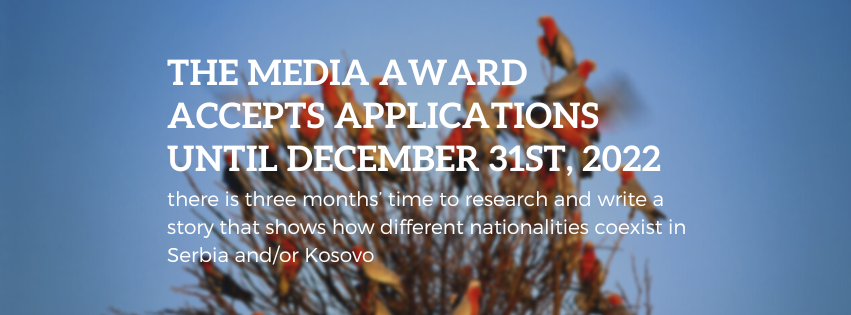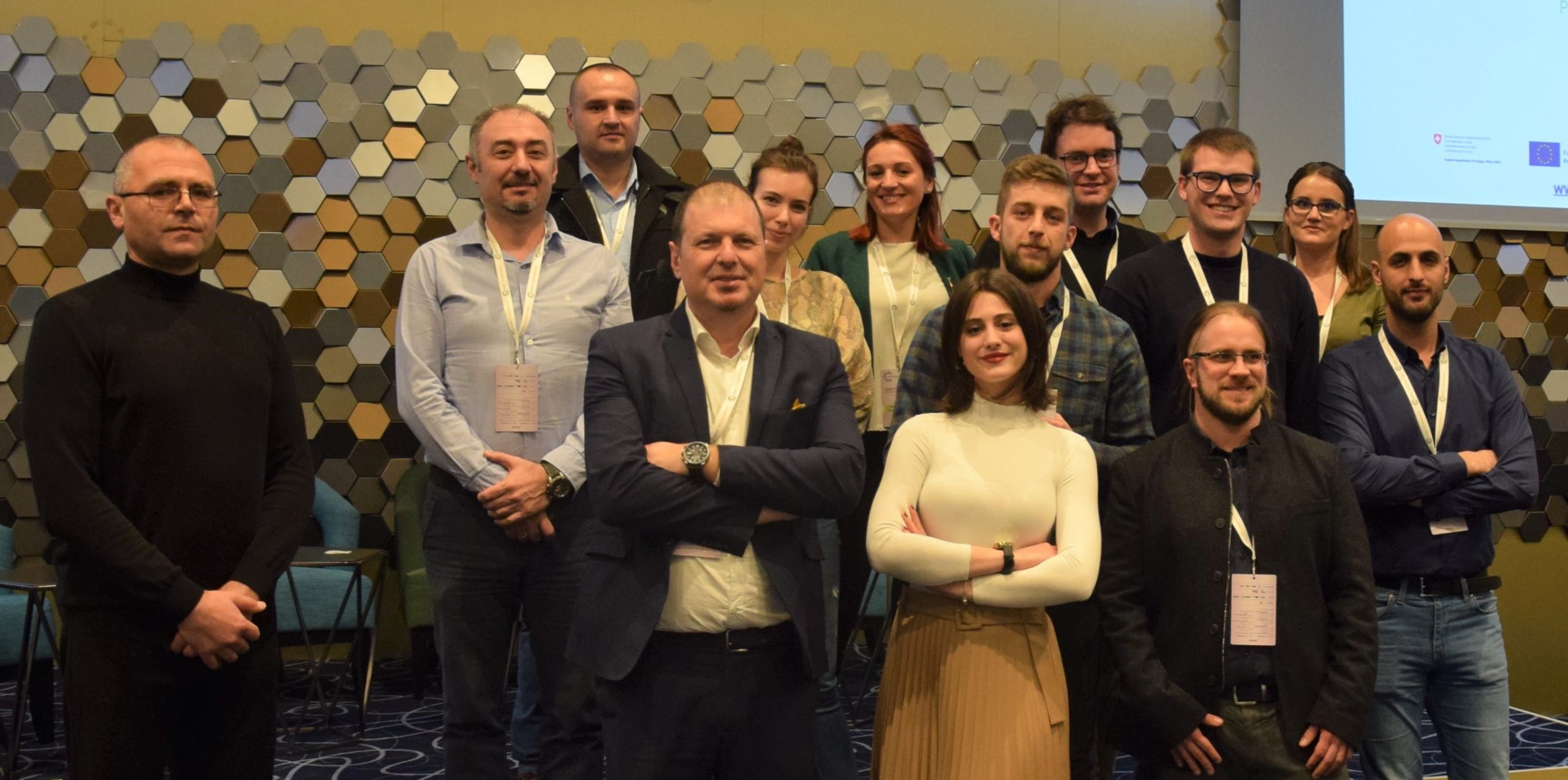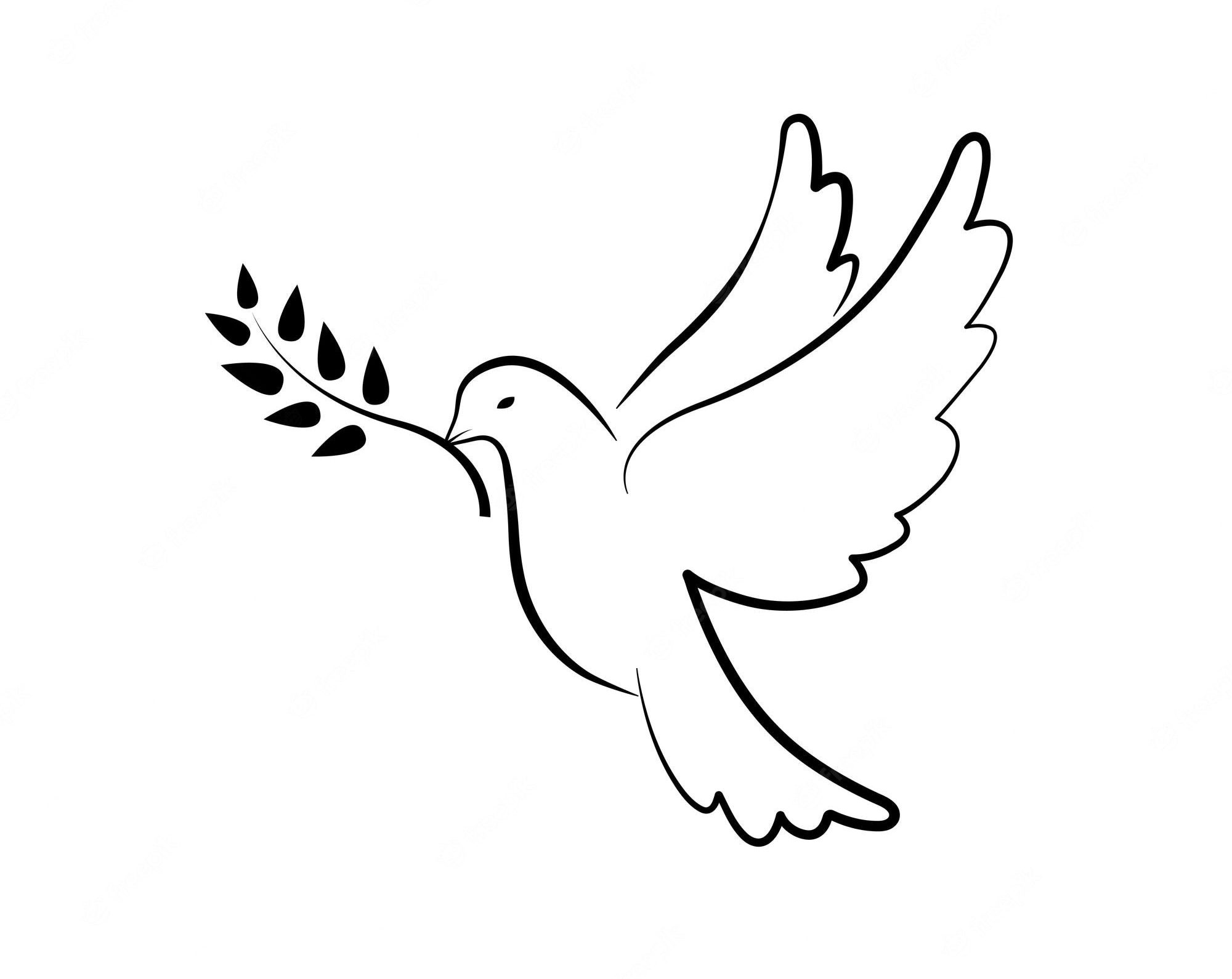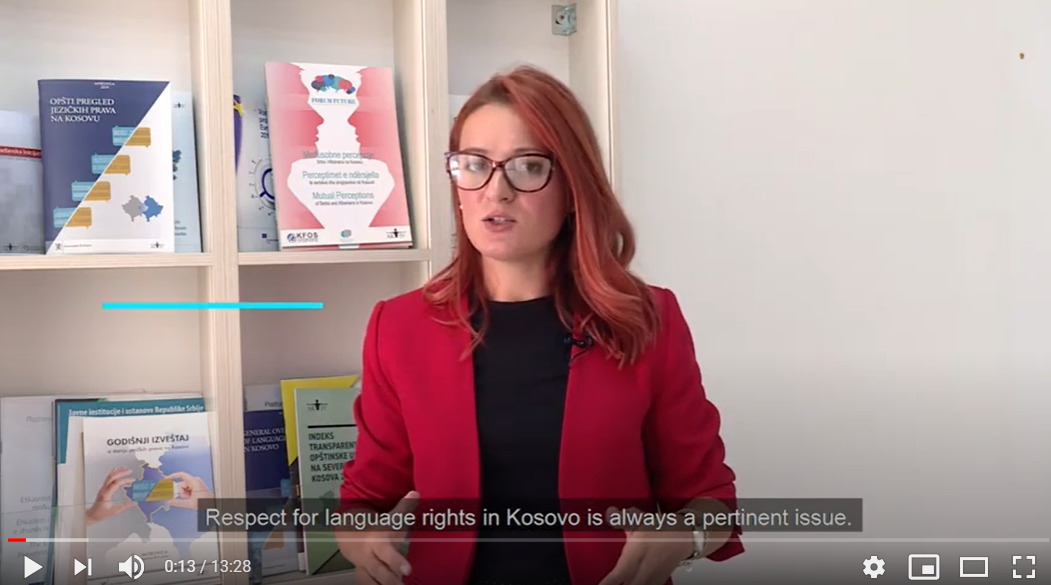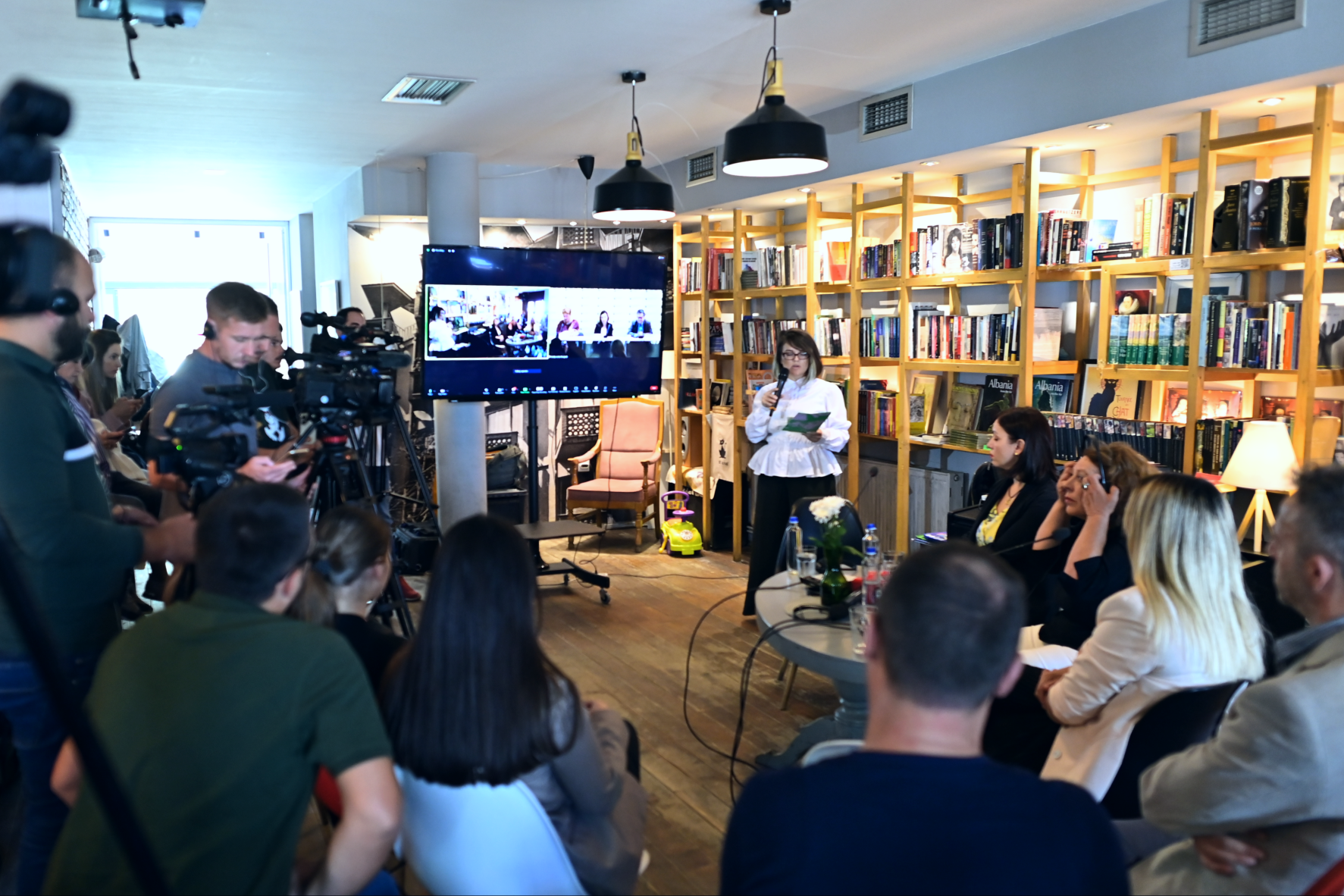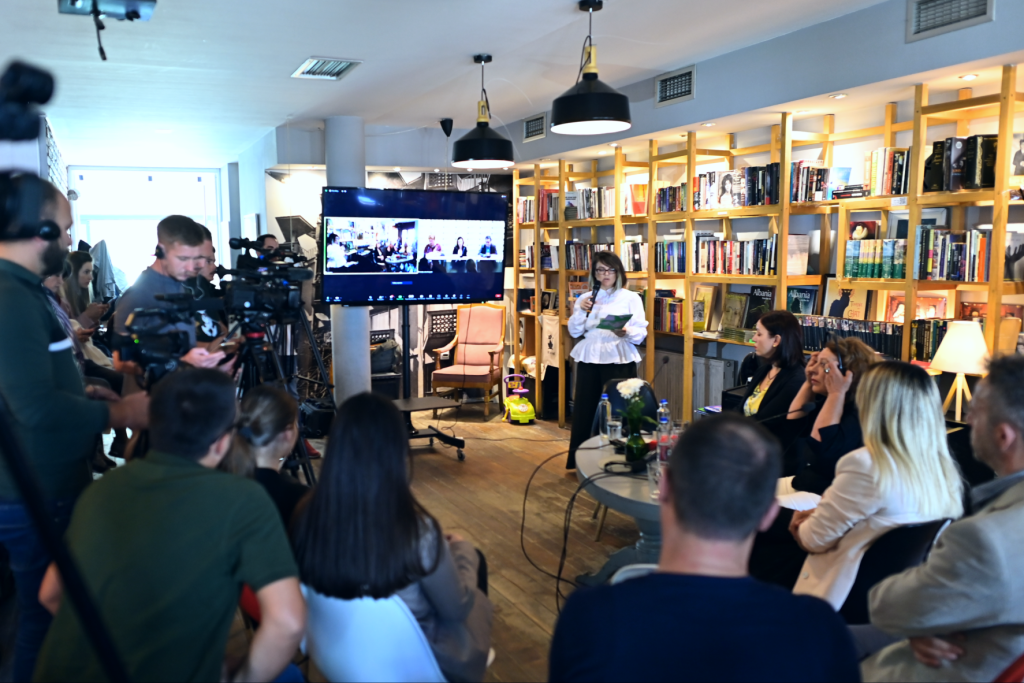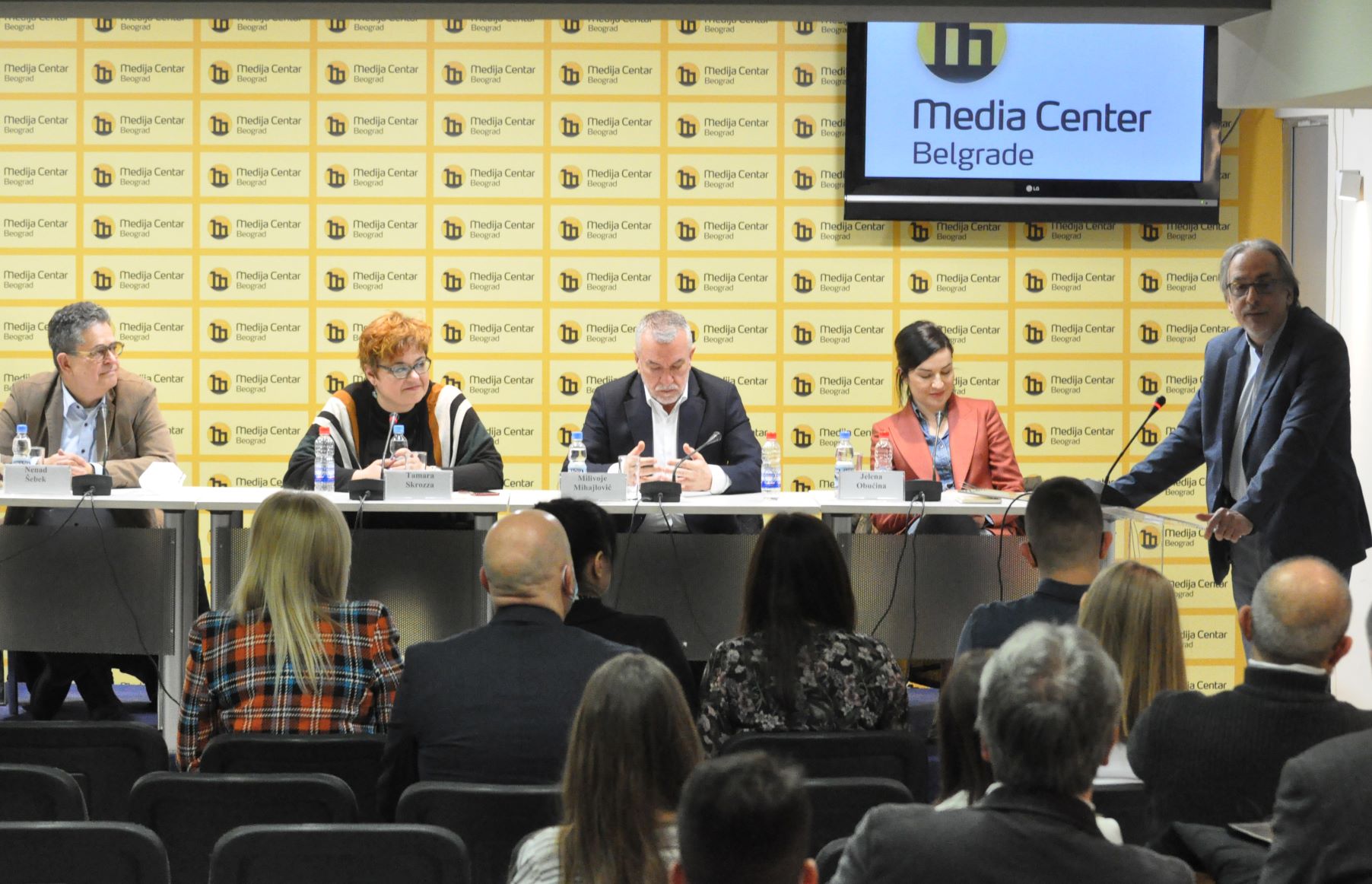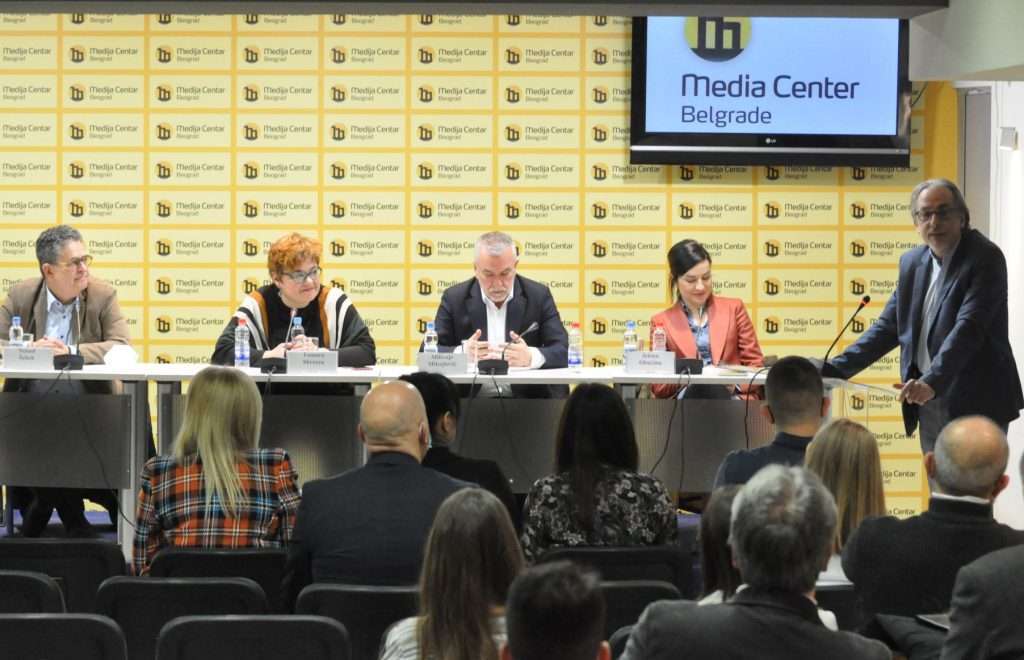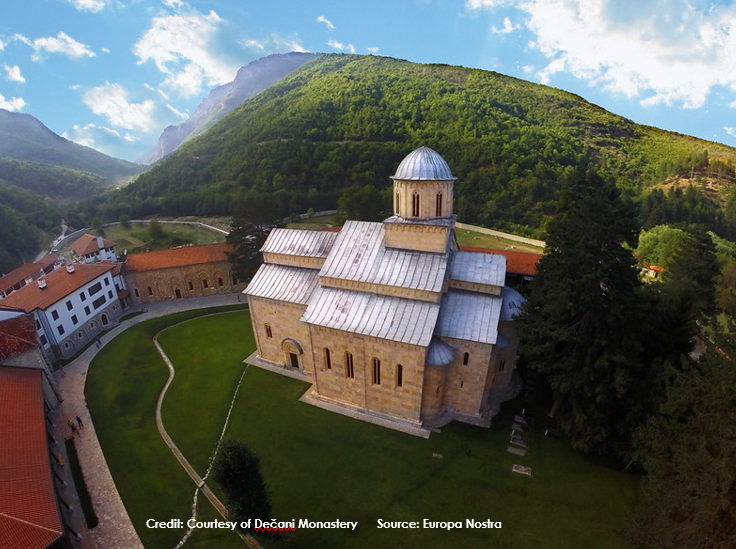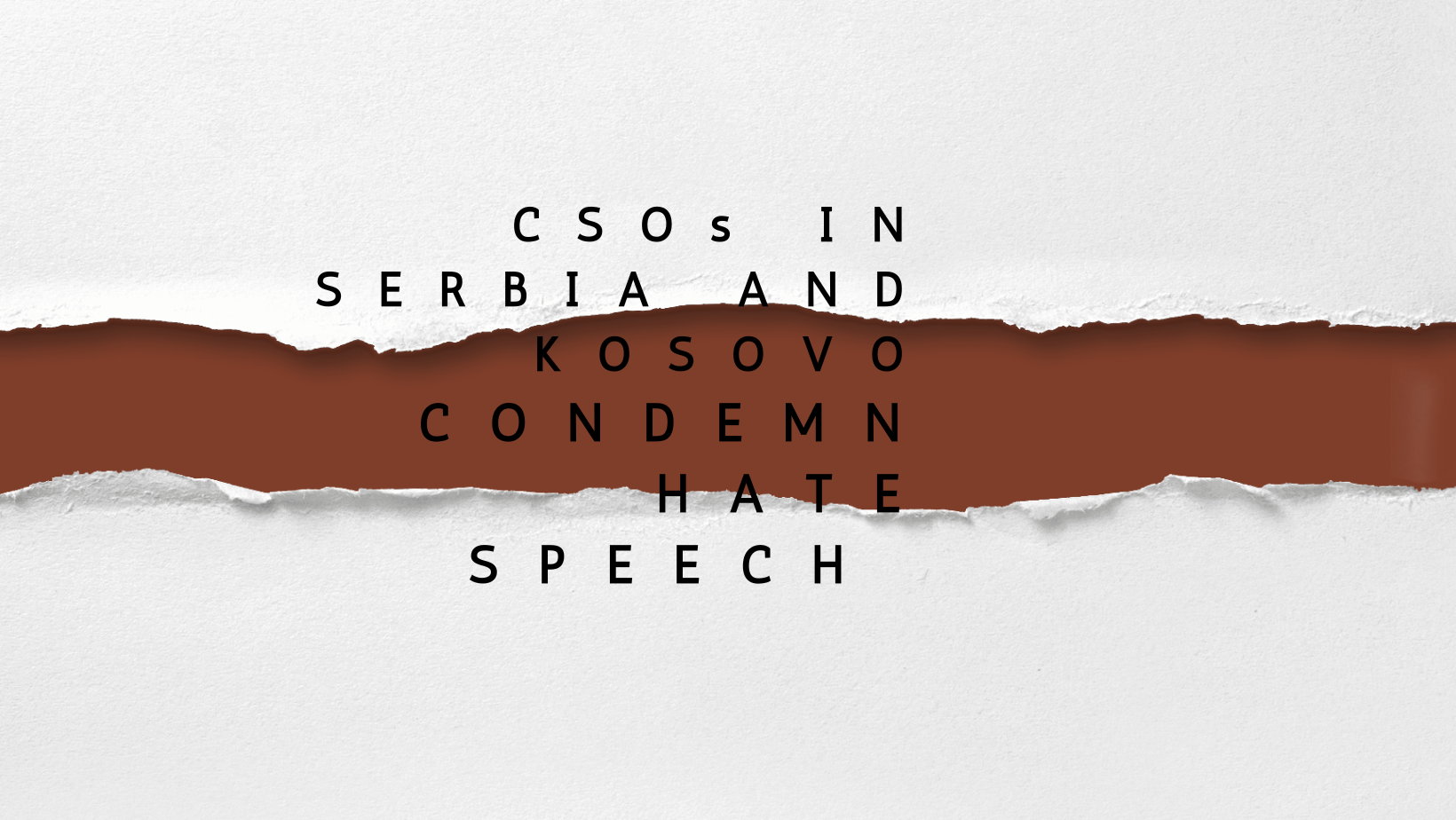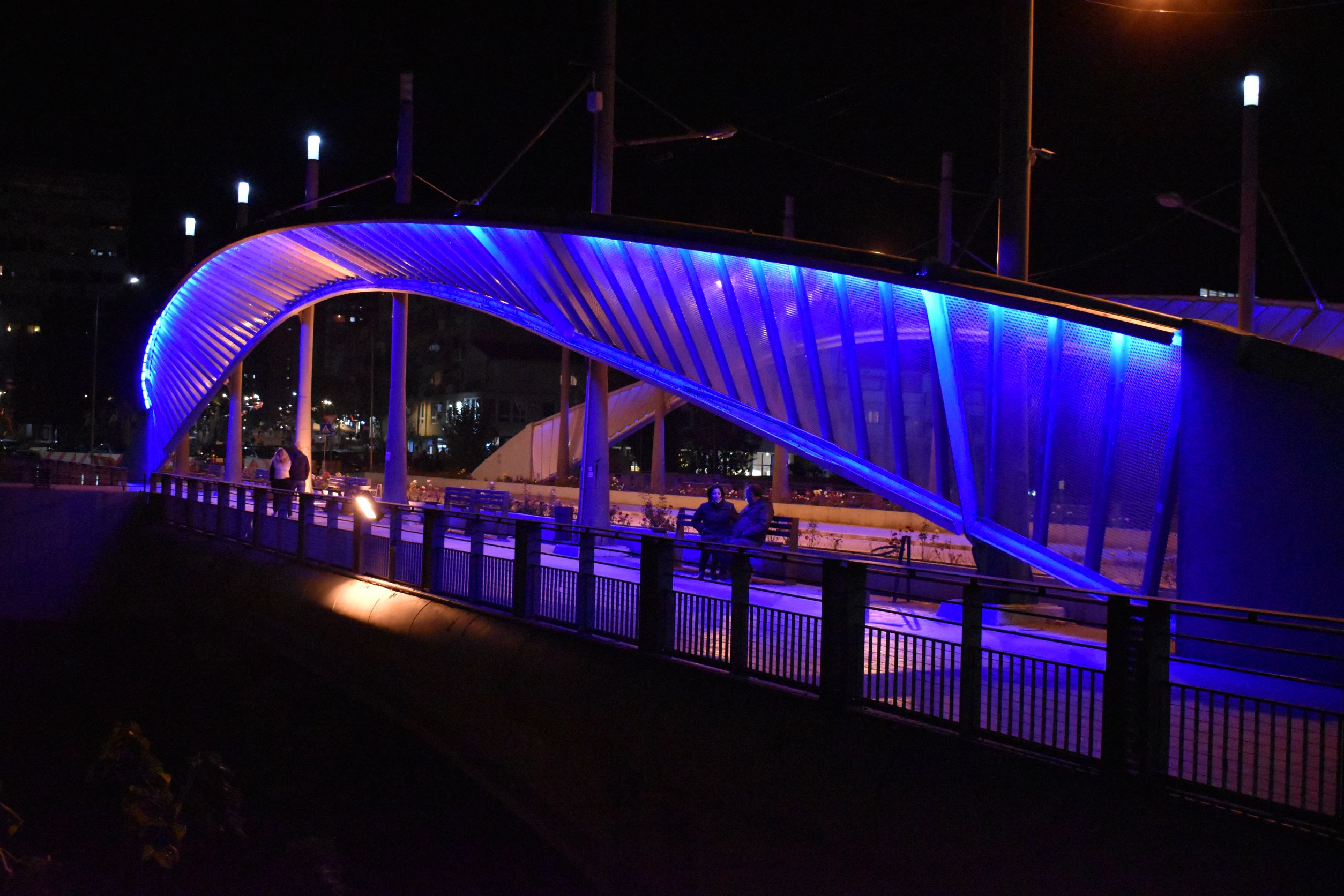
A diverse group of 40 civil society organisations, activists, and media outlets from Kosovo and Serbia express their profound concern about the impact of a lack of progress in the Belgrade-Pristina dialogue on local communities.
Given the recent EU reports and developments on the ground, we the undersigned are concerned about the impact of a lack of progress in the Belgrade-Pristina dialogue on local communities in Serbia and Kosovo. It is people on the ground who suffer most from the persistence of tensions and mistrust. All sides must therefore desist from inflammatory rhetoric that harms and damages relations within and between communities. The scope for ambiguities must be reduced through transparency and accountability. All citizens must be clear about what has been agreed to, whilst the process of dialogue itself must be brought closer to the very citizens affected by it.
The scenes of the Serbian Ortodox Church’s Patriarch Porfirije being greeted on the streets of Prizren send a positive message of mutual respect and peaceful coexistence; images and sentiments that provide hope for the future of relations within and between Serbia and Kosovo. We commend all parties for their constructive approach – in particular, Gazmend Muhaxheri, the mayor of Peja/Peć, who attended the proceedings – and hope that these foundations can be built upon.
However, we also call for tangible progress on a number of other fronts. In Kosovo, there is a fundamental lack of dialogue and cooperation through elected institutions. Srpska Lista parliamentarians are failing to represent the needs of the Kosovo Serb community. The continued absence of their MPs from the Kosovo Assembly means that their constituents and the daily problems they face are not effectively voiced. We call for Srpska Lista’s immediate return and active participation.
Many agreements are barely mentioned today. The main bridge in Mitrovica remains closed to traffic, despite extensive EU investment. Both parties should engage to resolve the demarcation of Mitrovica North, which has hampered the reopening process. Additional steps must be taken to ensure the Bridge serves as an inclusive and shared space that connects people from both sides of the river Ibar.
With respect to the issue of licence plates, all parties should work constructively to find a solution that will not harm people on the ground. The new crossing points agreed to previously should be opened forthwith to make it easier for citizens to travel without unnecessary distance and delay. The free flow of people should be a fundamental part of the normalisation of relations.
The mutual recognition of diplomas has stalled, leading to shortages of vital staff in key public institutions in south Serbia and in Kosovo, for instance, including those pertaining to health, education, justice, and access to services more broadly. It is the most profound example of the consequences of a lack of implementation of what has been agreed to, and should be addressed without further delay.
In south Serbia, there is a sense that the integration of the Albanian community is being damaged by the strained relations between Belgrade and Pristina. The seven-point plan for integration should be a priority for the new Serbian government, including the inclusion of Albanian representatives in its Coordination Body for the Municipalities of Preshevë/Presevo, Bujanovc/Bujanovac and Medvegjë/Medvedja. Concerns pertaining to the conduct of the census in Medvegjë/Medvedja should be addressed immediately, and there should be a thorough review of the passivation process.
We, the undersigned, fully support any process that can bring new momentum and positive energy, and which can benefit citizens from all walks of life. Building trust and confidence is vital for future relations within and between communities.
Signatories
- AKTIV
- Advocacy Center for Democratic Culture (ACDC)
- Association for Heritage and Cultural Creativity Presevo
- Balkan Forum
- Belgrade Centre for Security Policy (BCSP)
- Centre for Peace and Tolerance (CPT)
- Civic initiative (Gradjanske inicijative)
- Community Building Mitrovica (CBM)
- Centar for Democracy and Education – Valley
- European Center for Minority Issues Kosovo (ECMI)
- European Movement in Serbia (EMIS)
- European Fund for the Balkans (EFB)
- Foundation BFPE for a Responsible Society (BFPE)
- Gorazdevac Media Group
- Human Center Mitrovica
- Jelena Lončar, Academic, University of Belgrade
- Junior Chamber International Prizren (JCI- Prizren)
- Kosovar Center for Security Studies (KCSS)
- Kosovar Gender Studies Center
- Kosova Info
- Lawyers’ Committee for Human Rights (YUCOM)
- Mitrovica Women Association for Human Rights
- Ministria e Lajmeve Presevo
- Media Center Caglavica
- NGO Budi Aktivan 16 Presevo
- NGO Integra
- Peer Educators Network (PEN)
- Professor Vjollca Krasniqi, University of Pristina
- Pozitiv 365 Presevo
- Rahim Salihi, civil society activist, Bujanovac
- Radio Astra Prizren
- Radio Peja/Pec
- Sbunker
- TV Prizreni
- The Future Bujanovac
- Valon Arifi, civil society activist
- Voice of Roma, Ashkali and Egyptians (VoRAE)
- Youth Initiative for Human Rights – Kosovo
- Youth Initiative for Human Rights – Serbia
- Youth Trails Presevo
- NGO Livrit Presevo
- Humanitarian Law Centre Kosovo
- New Perspektiva


